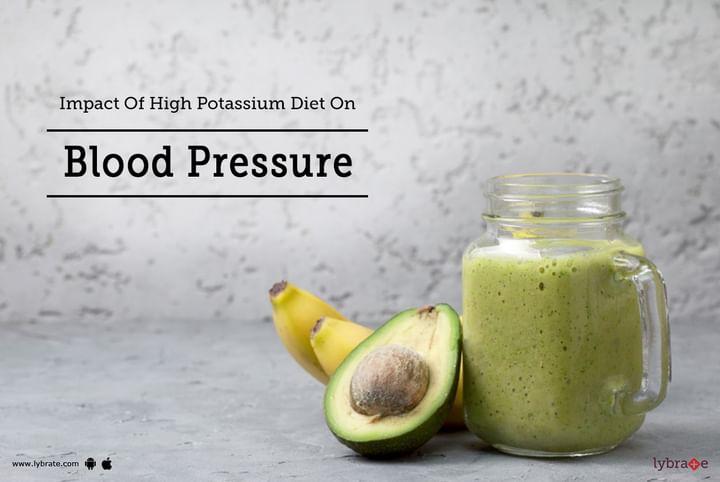Impact Of High Potassium Diet On Blood Pressure
Anyone who is suffering from hypertension knows that sodium is not good. But what remains missing is the other nutrient which is potassium. Increase in potassium intake could possibly lower blood pressure in patients who are suffering from hypertension.
How potassium impacts your blood pressure?
- It helps in balancing the effect of high sodium intake in your daily diet
- A low potassium diet could increase reabsorption of sodium in the kidney, which leads to increase in hypertension
- Benefits cardiovascular functions
- Relaxes the tension in the walls of blood vessel, which improves the blood flow leading to lower blood pressure
Studies have shown that additional potassium intake of 1.6 gm could result in the reduction of blood pressure.
Sources of potassium in the diet
Just like sodium, potassium is also required in small quantity. The daily recommendation for potassium is around 4.7 gm. Fruits and vegetables are amongst the richest sources of potassium. Here is a list of a few foods that can be included in daily diet:
- Bananas
- Sweet Potato and potatoes
- Juices
- Spinach
- Apricots
- Avocados
- Cantaloupe
- Mushrooms
- Grapefruit and oranges
- Peas
- Prunes, raisins and dates
Who cannot have a high potassium diet?
You can increase your daily potassium intake if you have blood pressure above 120/80 and are not suffering from any other medical condition. This diet is not recommended if you have:
- Advanced kidney disease
- Medications like angiotensin-converting enzyme (ACE) inhibitors or spironolactone
What happens if you are taking a high potassium diet?
High potassium content in your diet can lead to hyperkalemia. Some of the symptoms of this condition are:
- Gastric problems
- A low, weak or irregular pulse
- Fainting
Even if you are taking a potassium-rich diet, it is important to limit daily intake of sodium, to maintain the right balance of electrolyte in blood and to prevent any further fluctuations in blood pressure levels.


+1.svg)
